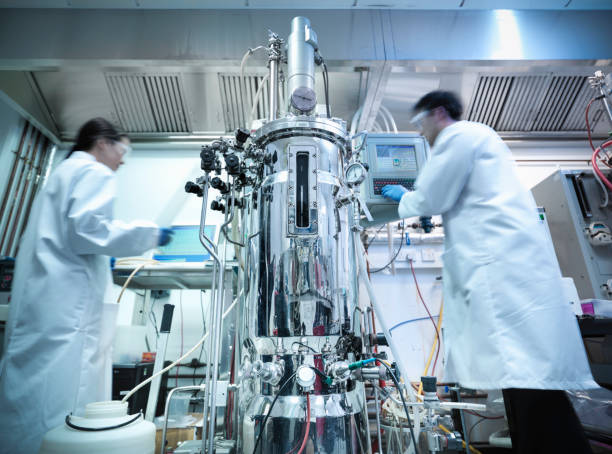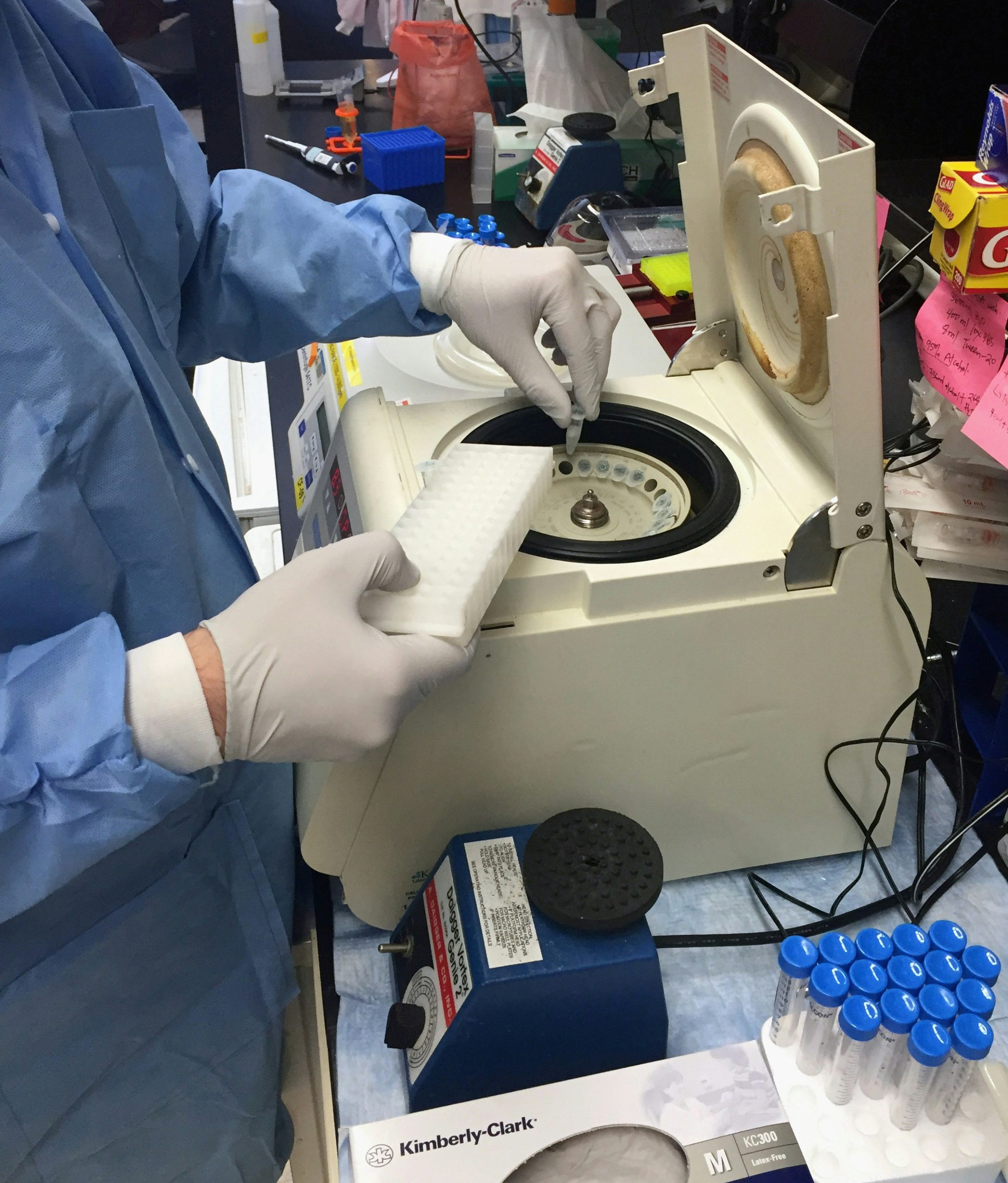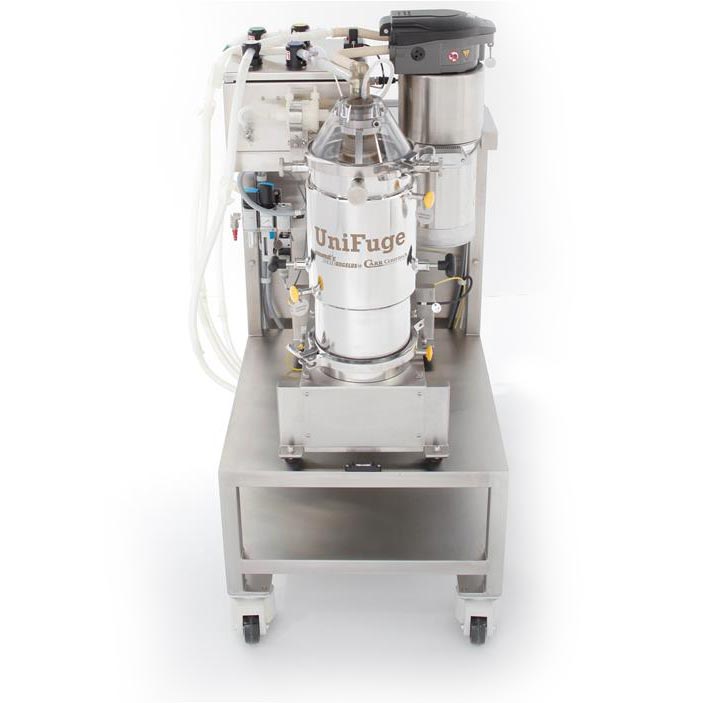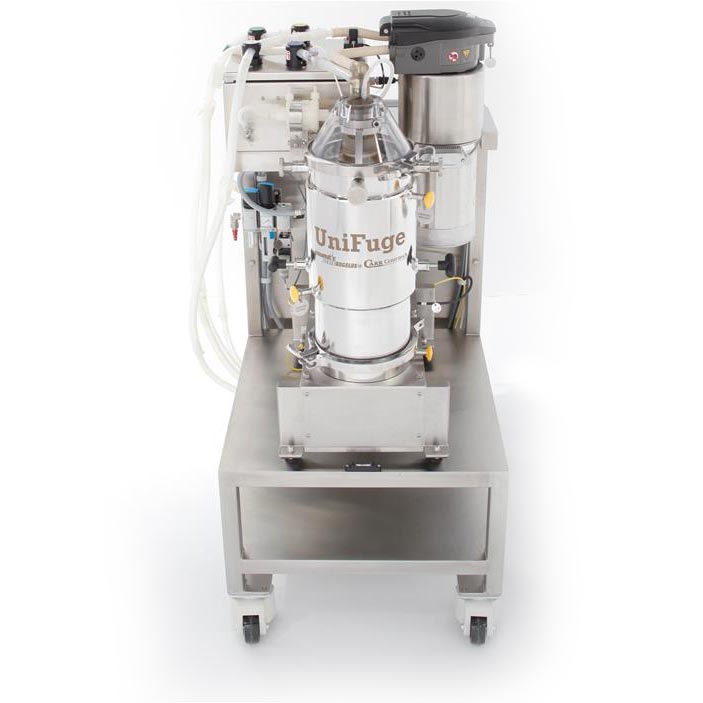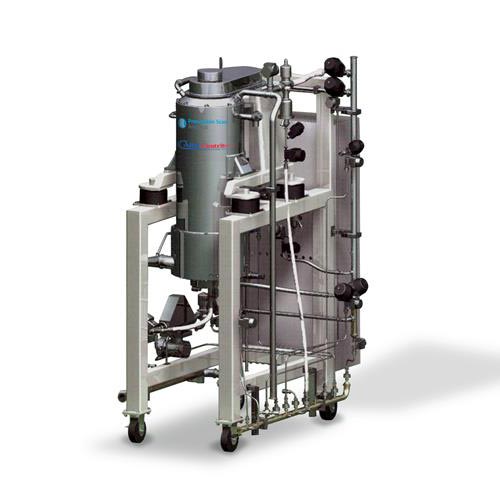Optimising Bioprocesses: Leveraging the Power of Bioreactors
17 July 2024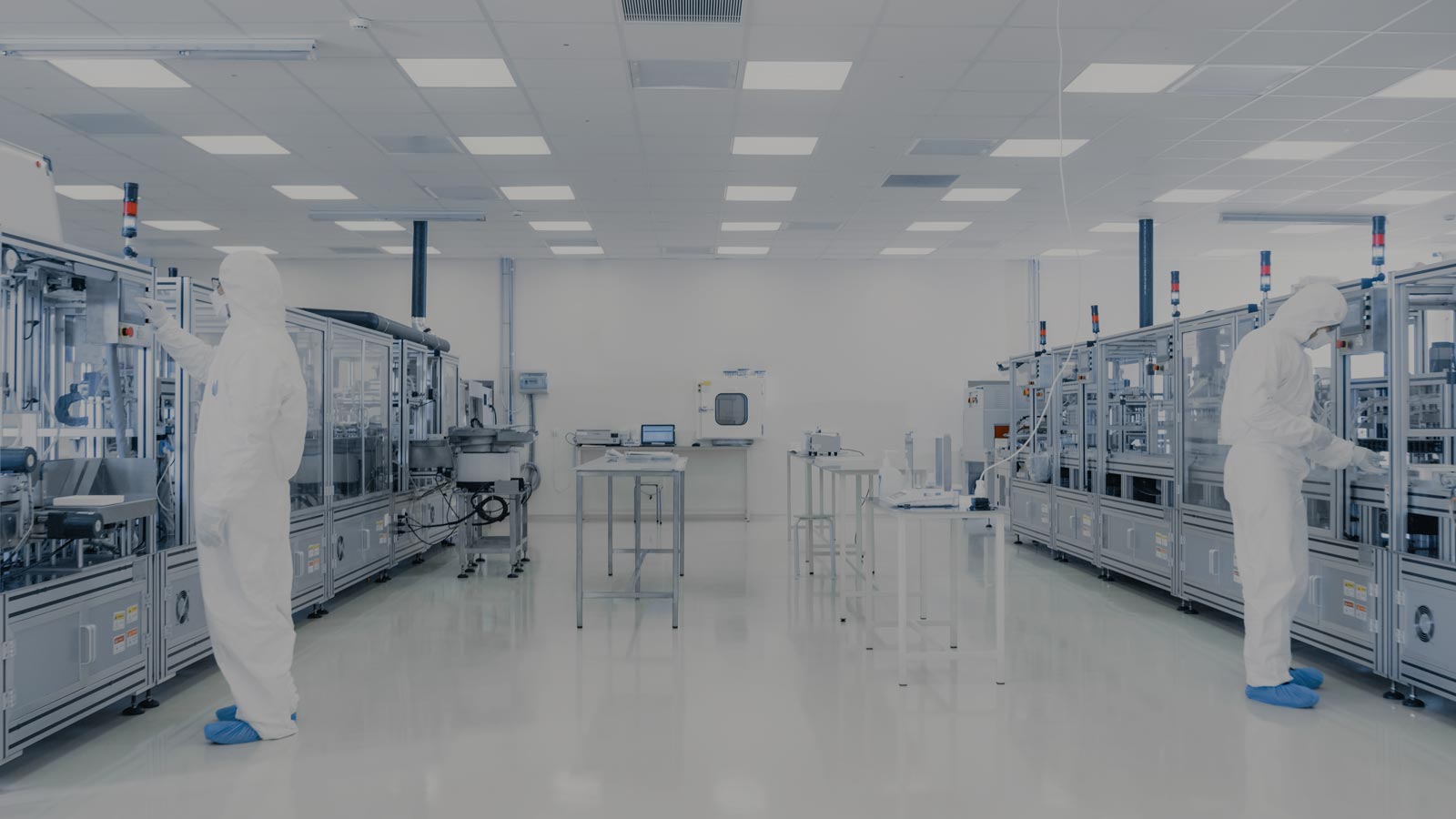
Optimising bioprocesses is essential in today’s biotechnology and pharmaceutical industries. As the demand for efficient and scalable production methods increases, bioreactors play a pivotal role in meeting these needs. By providing a controlled environment for biological reactions, bioreactors enhance productivity, consistency, and product quality.
Bioreactors come in various types and configurations, each designed to cater to specific applications. Understanding the capabilities and advantages of these systems is key to leveraging their full potential. This article explores the fundamentals of bioreactors, their impact on bioprocess optimisation, and how they can benefit your operations.
What are Bioreactors?
Definition and Types of Bioreactors
● Definition: Bioreactors are vessels or systems that support biologically active environments. They are used for growing cells, tissues, or microorganisms under controlled conditions.
● Types:
○ Stirred Tank Bioreactors: Commonly used for microbial and cell cultures. They feature a mechanical agitator to mix the culture medium and maintain uniform conditions.
○ Air-lift Bioreactors: Utilise air bubbles to circulate the medium and provide oxygen. Ideal for shear-sensitive cells.
○ Packed Bed Bioreactors: Contain immobilised cells or enzymes on a support matrix. Suitable for continuous processes and high cell density cultures.
○ Wave Bioreactors: Use a rocking motion to mix the culture. Often used for small-scale and disposable applications.
Historical Development and Advancements in Bioreactor Technology
● Early Beginnings: The concept of bioreactors dates back to the early 20th century when they were first used for fermentation processes. Early designs were simple and lacked precise control mechanisms.
● Technological Advancements:
○ Automation: Modern bioreactors feature advanced control systems for temperature, pH, dissolved oxygen, and nutrient levels. This automation ensures optimal conditions for cell growth and product formation.
○ Scalability: Bioreactors are now available in a wide range of sizes, from small laboratory units to large industrial-scale systems. This scalability allows for seamless transition from research to production.
○ Single-use Systems: Disposable bioreactors have gained popularity due to their reduced risk of contamination and lower cleaning requirements. They are particularly useful in biopharmaceutical manufacturing.
The Role of Bioreactors in Bioprocess Optimisation
Bioreactors are at the heart of efficient bioprocessing. They provide an environment where biological reactions can be carefully controlled, ensuring optimal conditions for cell growth and product formation. By maintaining precise control over critical parameters, bioreactors enhance both the efficiency and consistency of bioprocesses.
● Enhancing Efficiency:
○ Controlled Environment: Bioreactors allow for the precise control of temperature, pH, oxygen levels, and nutrient supply. This ensures that cells or microorganisms are kept in the best possible conditions for growth and productivity.
○ Scalability: From lab-scale experiments to industrial-scale production, bioreactors can be scaled up without compromising the quality of the product. This seamless scalability is crucial for meeting increasing demand.
● Consistency in Production:
○ Reproducibility: By standardising the bioprocess environment, bioreactors ensure that each batch of product is consistent with the last. This is vital in industries where product consistency is key, such as pharmaceuticals and biotechnology.
○ Reduced Contamination Risk: Modern bioreactors are designed to minimise the risk of contamination, a critical factor in maintaining product quality and safety.
Optimising bioprocesses with bioreactors not only improves productivity but also enhances the overall quality of the end products, making them indispensable in various industrial applications.
Key Features and Functions of Modern Bioreactors
Modern bioreactors are equipped with a range of features that make them highly efficient and versatile tools for bioprocessing. These features ensure that bioreactors can meet the demands of various applications, from small-scale research to large-scale production.
● Automated Control Systems:
○ Bioreactors now come with sophisticated control systems that automate the monitoring and adjustment of critical parameters such as temperature, pH, and oxygen levels. This automation reduces the need for manual intervention and ensures optimal conditions are maintained consistently.
● Scalability and Flexibility:
○ One of the significant advantages of modern bioreactors is their scalability. They can be easily scaled up from small laboratory models to large industrial systems, making them suitable for all stages of bioprocessing.
○ Flexibility in design allows bioreactors to be customised for specific applications, whether it’s growing delicate cell cultures or robust microbial strains.
● Monitoring and Data Analysis:
○ Advanced bioreactors are equipped with sensors and software that provide real-time monitoring of the bioprocess. This data is crucial for understanding process dynamics and making necessary adjustments to improve efficiency.
○ Data analysis tools help in optimising processes by identifying trends and patterns, leading to more informed decision-making.
The integration of these key features in modern bioreactors ensures they are highly effective in optimising bioprocesses. They provide the necessary tools and capabilities to meet the diverse needs of biotechnological and pharmaceutical industries, making them an essential component in the journey towards efficient and scalable bioprocessing.
Benefits of Using Bioreactors in Bioprocessing
Bioreactors offer numerous advantages that make them indispensable in modern bioprocessing. These benefits not only enhance the efficiency of biological reactions but also improve the overall quality and consistency of the final product.
Increased Productivity and Yield:
● Optimised Conditions: Bioreactors maintain precise control over environmental conditions, ensuring that cells or microorganisms grow and produce at their highest potential.
● High Cell Density: Advanced bioreactors can support high cell density cultures, leading to greater yields in a shorter time.
Consistency and Reproducibility:
● Standardised Processes: By providing a controlled environment, bioreactors ensure that each batch of product is consistent with previous batches, which is crucial for quality assurance.
● Automation: Automated control systems reduce human error and variability, further enhancing consistency.
Enhanced Product Quality and Safety:
● Reduced Contamination: Modern bioreactors are designed to minimise contamination risks, ensuring that the products meet stringent safety standards.
● Improved Purity: With controlled conditions and automated processes, bioreactors produce high-purity products, essential in pharmaceuticals and biotechnology.
Bioreactors thus play a critical role in enhancing productivity, consistency, and quality in bioprocessing, making them vital tools for industries aiming for excellence.
Challenges and Considerations in Bioreactor Optimisation:
While bioreactors offer significant benefits, their optimisation is not without challenges. Addressing these challenges is key to fully leveraging the potential of bioreactors in bioprocessing.
Common Challenges:
● Shear Sensitivity: Some cells, especially mammalian cells, are sensitive to shear forces. Selecting the right type of bioreactor and mixing strategy is crucial.
● Scale-Up Difficulties: Transitioning from lab-scale to industrial-scale can pose challenges in maintaining the same level of control and efficiency.
● Cost: Initial setup and operational costs of advanced bioreactors can be high, requiring careful planning and justification.
Best Practices:
● Pilot Studies: Conducting pilot studies helps in understanding the behavior of cells or microorganisms at a smaller scale before scaling up.
● Continuous Monitoring: Implementing robust monitoring systems ensures that any deviations are quickly identified and corrected.
● Customisation: Customising bioreactor design and operation according to specific bioprocess needs can significantly improve outcomes.
Future Trends in Bioreactor Technology:
Emerging Technologies:
● Single-Use Bioreactors: Increasingly popular due to their flexibility and reduced contamination risk, single-use bioreactors are expected to dominate the bioprocessing landscape.
● Advanced Automation: Future bioreactors will feature even more sophisticated automation and control systems, reducing the need for manual intervention and improving process reliability.
● Integration with AI and Machine Learning: The use of AI and machine learning in bioreactor control systems will enable predictive analytics and real-time optimisation, leading to better process outcomes.
Predictions for the Future:
● Increased Adoption in Various Industries: Beyond pharmaceuticals and biotechnology, industries such as food and beverage, agriculture, and environmental science will increasingly adopt bioreactor technology.
● Sustainable Bioprocessing: Future bioreactors will focus on sustainability, incorporating eco-friendly materials and energy-efficient designs.
The continuous advancements in bioreactor technology promise to make bioprocessing more efficient, sustainable, and adaptable to various industrial needs.
Conclusion
Optimising bioprocesses with bioreactors is not just a technological advantage but a strategic necessity in today’s competitive landscape. The benefits of increased productivity, consistency, and enhanced product quality are clear. Despite the challenges, the future of bioreactor technology is bright, with innovations that will further enhance their capabilities.
At Fluid biosolutions, we are dedicated to helping you harness the power of bioreactors to optimise your bioprocesses. Our range of cutting-edge bioreactors and expert support ensures that you can achieve your bioprocessing goals efficiently and effectively. Contact us today to learn more about our bioreactor solutions and how we can assist you in achieving excellence in bioprocessing.
Optimized by: Digital Six

